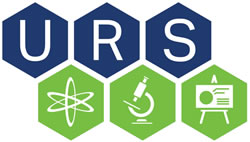Michigan Tech welcomed more than 1,400 freshmen Sunday at the MacInnes Student Ice Arena.
Students chose Michigan Tech for a number of reasons, some for academics.
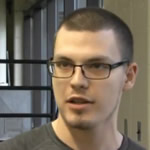
I heard it’s a really good engineering school. I was in Gross Point Robotics for four years and it kind of instilled in me that engineer spirit.
Some for the opportunities Michigan Tech offers off campus.
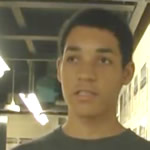
I like the area, I don’t know, it’s a really nice place, just kind of suited me I guess. Just kind of getting out and exploring, learning new things, meeting new people.
Read more and watch the video at WLUC TV-6/UpperMichiganSource by David Jackson.
Michigan Tech welcomes newest huskies
Hundreds of new students met on Walker Lawn this evening to become acquainted with Michigan Tech traditions. Some of the activities were broomball and making boats and statues.
Read more and watch the video at WJMN TV3/UPMatters by Rebecca Bartelme.
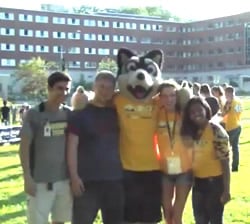
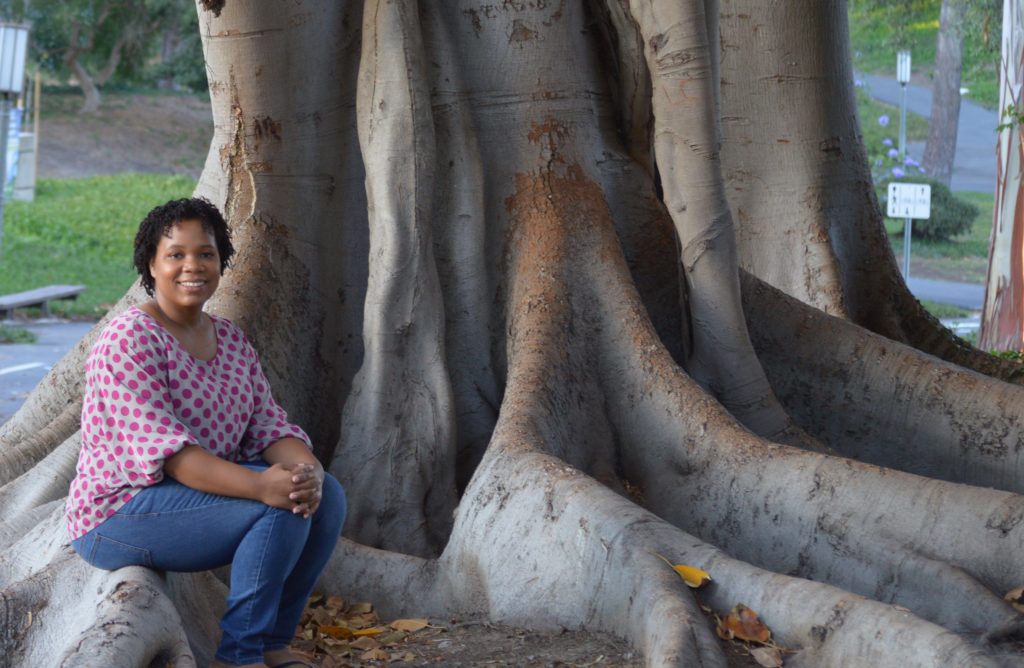
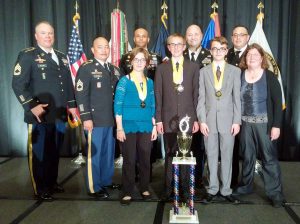

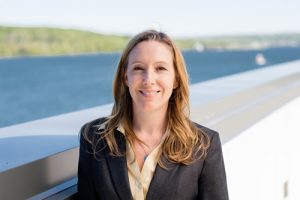
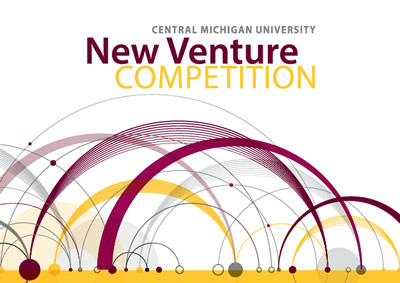
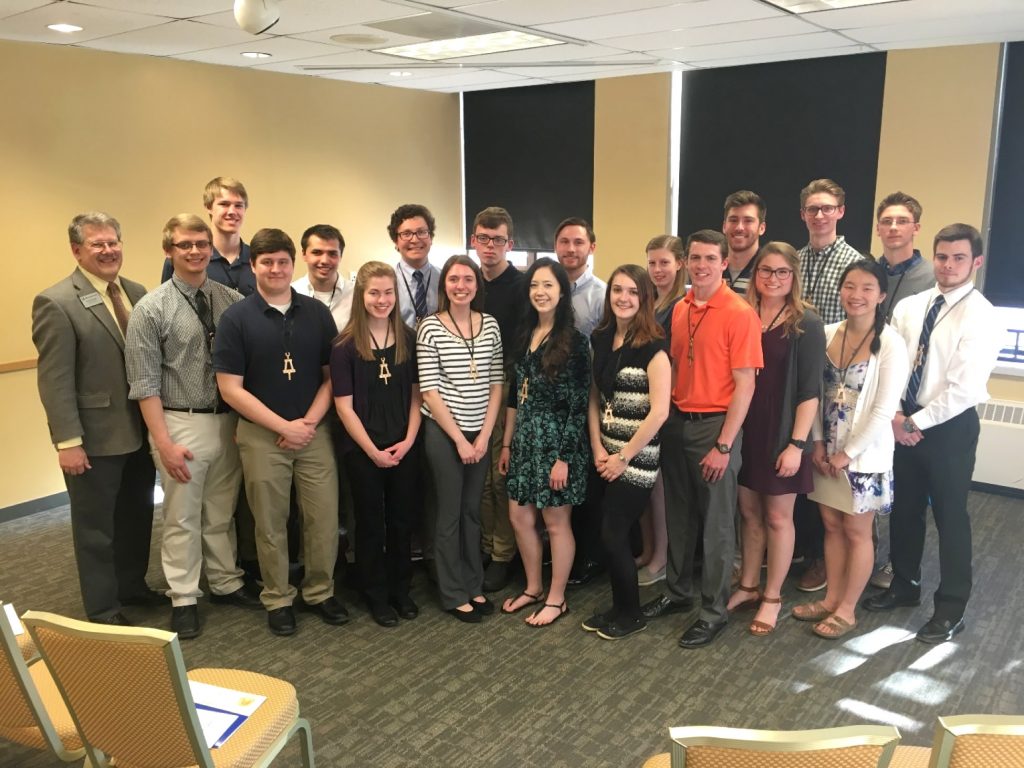
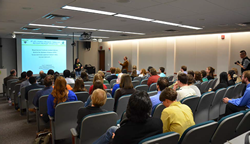 Ameya Narkar received first prize for his poster presentation at the 2017 Upper Peninsula American Chemical Society Student Research Symposium, which was held Saturday, March 25, 2017, in Marquette.
Ameya Narkar received first prize for his poster presentation at the 2017 Upper Peninsula American Chemical Society Student Research Symposium, which was held Saturday, March 25, 2017, in Marquette.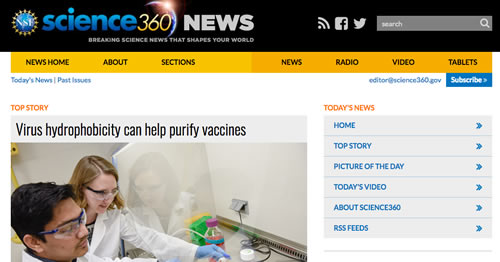
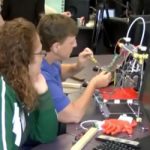 The Summer Undergraduate Research Fellowship (SURF) program will fund 20 students from across the University with funds from the office of the Vice President for Research. Previous SURF award recipients have included Goldwater Scholarship and NSF Graduate Research Fellowship recipients. Since 2002, SURF students have co-authored 71 peer-reviewed publications. This year’s recipients, project titles and advisors are listed on the SURF
The Summer Undergraduate Research Fellowship (SURF) program will fund 20 students from across the University with funds from the office of the Vice President for Research. Previous SURF award recipients have included Goldwater Scholarship and NSF Graduate Research Fellowship recipients. Since 2002, SURF students have co-authored 71 peer-reviewed publications. This year’s recipients, project titles and advisors are listed on the SURF 